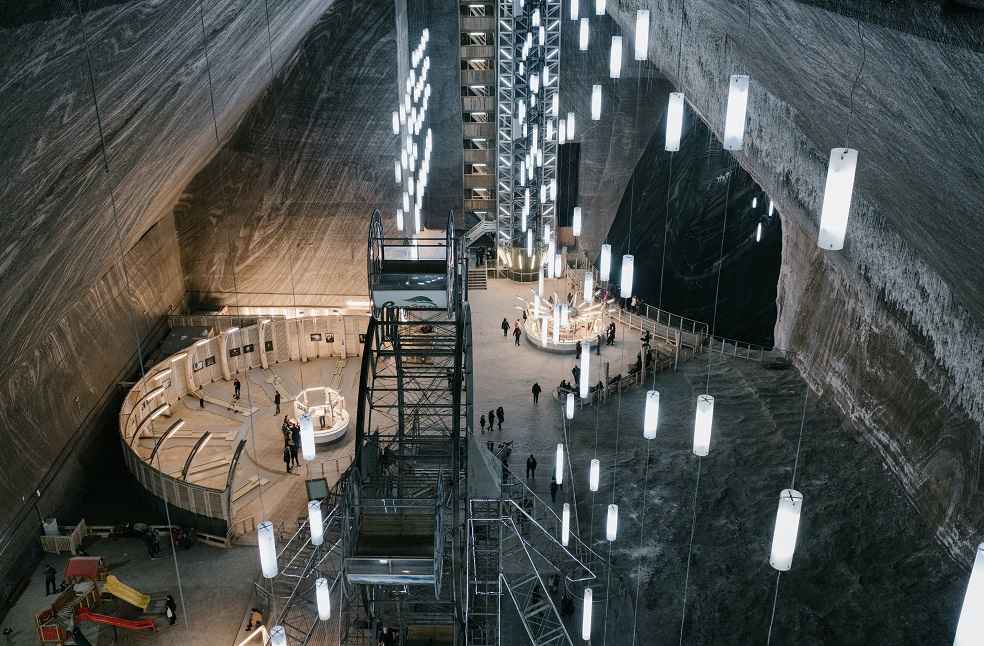Ghana has secured a groundbreaking 0% tariff on all its exports to China, a development poised to reshape the nation’s economic future and trade relations. The agreement was established after high-level diplomatic discussions between Ghana’s Foreign Minister, Mr. Samuel Okudzeto Ablakwa, and China’s Foreign Minister, Wang Yi, in Changsha, China, alongside the ongoing China-Africa summit.
Minister Ablakwa revealed the agreement on Thursday through a social media post. “China has offered 0% tariff on all exports from Ghana,” the Minister stated. “This 0% tariff on 100% of goods from Ghana and other African countries will bolster trade, create jobs, and produce more Ghanaian entrepreneurs,” he added.

The tariff exemption arrives amid rapid growth in bilateral trade between Ghana and China, with total trade surpassing US$11 billion in 2024 alone. The policy shift is anticipated to strengthen Ghana’s presence in the Chinese market, the second-largest consumer economy, while enhancing the competitiveness of Ghanaian products.
The Minister also disclosed that both parties explored new industrial projects in line with President John Mahama’s development agenda. The discussions also focused on utilizing Ghana’s bauxite reserves to create a comprehensive aluminum industry backed by modern rail networks to augment efficient transportation and maximize value addition.

A key progressive outcome of the discussion was a visionary agreement to pursue the establishment of an electric vehicle (EV) manufacturing facility in the country. The facility will be built upon Ghana’s newly confirmed strategic lithium reserves, with preliminary geological assessments indicating millions of tons of lithium oxide—a vital component for battery production in electric vehicles.
The project is expected to generate high-skilled employment and drive increased foreign direct investment.
To solidify the collaborations, Ghana and China are preparing to sign a dedicated Economic Partnership Agreement (EPA). According to Ablakwa, the agreement will establish formal frameworks to facilitate trade growth, collaborative ventures, and the transfer of technology.
BANKING & FINANCE | World Bank Lifts Nuclear Funding Ban to Tackle Rising Power Needs



